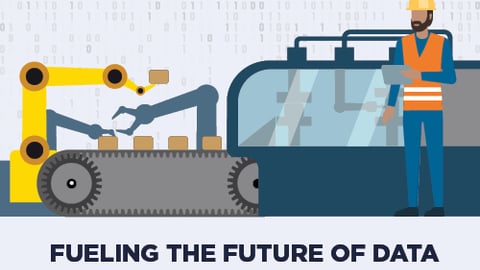Tyson Foods Increasing Tech Investments to Manage Labor, Supply Challenges
Tyson Foods will increase investments in technology and automation, including artificial intelligence, as it manages the labor and capacity issues challenging much of the consumer goods industry.
Chief operating officer Donnie King called labor the No. 1 challenge for the No. 9 publicly owned consumer goods company, and said they’re focused on improving employee experiences without compromising health and safety to make Tyson Foods “the most sought-after place to work.”
Steps they’ve taken to incentivize current and potential employee include increasing wages up to $22 per hour, instituting flexible work schedules and shifts, providing transportation solutions, piloting childcare facilities at some plants, and opening medical clinics for employees and their families.
As part of this, they’re also accelerating investments in automation and technology for its workforce, including trying to automate the most difficult jobs and those with the highest turnover.
“This not only helps us to eliminate more difficult, hard-to-fill tasks, but also re-skills our labor profile to enable their contributions to more value-added activities,” said King.
[See also: Will Work-From-Anywhere Work For Consumer Goods?]
More details are expected to be shared at its upcoming investor day.
The company, which sold its pet treats business to General Mills earlier this year for $1.2 billion, is also matching its portfolio to more closely meet customer and consumer demands as it takes steps to improve supply reliability. It’s in the process of bringing 12 new plants online around the world to increase capacity by 30% and address growing demand.
Tyson Foods expects demand to remain elevated at retail for the rest of the year, with volumes continuing to exceed pre-COVID levels and food service continuing to recover.
“Part of being customer-centric means being as efficient as possible in taking costs out where you can without compromising our ability to execute against our strategic and operational priorities,” noted King, who was elevated to the COO role in February. “We have ongoing efforts across the business to reduce costs, but we must also find new, innovative ways to be better and stronger. This means investing in advances like automation and artificial intelligence to deliver productivity gains and competitive advantage.”




